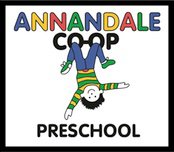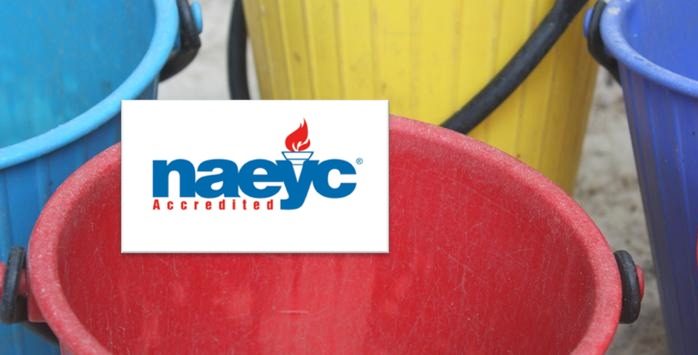A conversation with Rachel Bailey
By Jen Greanias, ACPS Social Media Coordinator
July 2020
Wow, what a year! You can’t log on, tune in, or step inside a store without the reminder of the all-encompassing threat of COVID-19. So we thought it our Disney ballad-belting, La Croix-guzzling, Mo Willems-obsessed, Baby Shark-humming, minivan-driving duty to relaunch our ACPS blog by interviewing our favorite breath, nay GUST, of fresh air, the ever-enlightening Rachel Bailey.
Rachel is a mom and Parenting Specialist who specializes in offering parents and educators the tools they need to improve behavior, motivation, resilience, and self-esteem in children. She has a Master’s Degree in Clinical Psychology and has worked as an ADHD Coach and psychotherapist.
Rachel, when we met last at our General Membership meeting, you spoke to us about ‘yuck’. Can you remind us what that is and why it’s important?
When human beings are in a good place, we act positively. But when we’re tired or stressed or hungry, our bodies sense danger, and we enter yuck. You can’t avoid yuck and, when someone else is in yuck, you can’t get them out of it. Both you and your children need to ‘travel the yuck curve’ before you can get out of it. To calm down, you can use strategies such as pacing (if
you’re someone who benefits from physical movement when you’re upset) or alphabet letter skipping (if you’re more of an in-your-head person).
Conflict resolution is something I struggle with at home and, when I was cooping at school, something I wish I was better at. What are some strategies I can use to diffuse confrontations while acknowledging the underlying issues at play?
In the moment, do the three C’s: calm, connect, and correct. First, stay calm. Second, connect by acknowledging each child’s perspective and helping them understand the other child’s point of view. Finally, correct the behavior by addressing the problem with a solution that respects
everyone’s needs.
With COVID, I’ve been spending lots of time with my kids, and I find that under stimulation triggers unwanted behaviors. How can I keep my kids appropriately engaged yet not overly reliant on me for their fun especially now when our list of go-to activities and outings is limited? Under stimulation is a problem in young kids. You can get at this by providing structure or flow to the day where the activity changes every hour. Then figure out the engagers, which are what keeps our kids’ attention and keeps them calm. From these, you can build out activities and
give them choices for play.
In the midst of a pandemic and worldwide protests, what should we be telling our kids about theworld? How can we keep them innocent but also be honest?
It’s important to start where your kids are. If they ask questions, answer them in the language that they understand, emphasizing that they are safe, that adults are working to fix it, and that we’re in this together.
Now that the kids are home ALL THE TIME, I’m a teacher, a coach, a playdate partner, and a mom, among other roles. But I feel like I’m always yelling, which takes a lot of the fun out of parenting. What advice do you have for us parents whose roles and schedules have changed so much in the last few months?
One thing I would say is to shift expectations. What makes us yell is that we expect things to be like they were before. When things change, we don’t change our expectations to match. Above all, remember that you will want to remember this time as one that brought you closer together.
Kids learn so much from social interactions. Now that those interactions are fewer and farther between, how can we foster authentic connection during a pandemic in which we’re encouraged to keep our distance?
We can still have social interactions, but it looks different now. My kids are pen-paling, making crafts, sending mail, and doing zoom scavenger hunts. And don’t forget that you have each other. Friendships at home with siblings and family members are important now more than ever.
I often struggle with getting my preschooler to play by herself and solve her own problems. How can I foster self-sufficiency and independence when we are both so well-trained in our roles?
First, start by teaching her how to be alone and, by the way, don’t be afraid to let her be bored. Next, identify her engagers – the things that make her happy and calm – and make a shelf for her things. Tell her to pick 2 activities from the shelf then help her get started. Ultimately, the
goal is to back off and extend the amount of time she is required to be by herself.
When I scrolled through your list of workshops you offer to parents and teachers, one thing that caught my eye was raising kids who get along. I feel like there is a secret sauce here. Can you give us one of your favorite strategies for fostering friendship among siblings?
If kids feel like they’re constantly being compared to their siblings, they will bicker. When kids feel like you see them as individuals, they compete and compare less. You can do this by spending one-on-one time with them (this doesn’t have to be every day!) or creating unique rituals that belong only to them.
If you’re like me, you have so many more questions. If you can’t wait for Rachel’s book on yuck to come out at the end of the year, you can join her Facebook group or subscribe to her podcast here. Until next time, friends!

